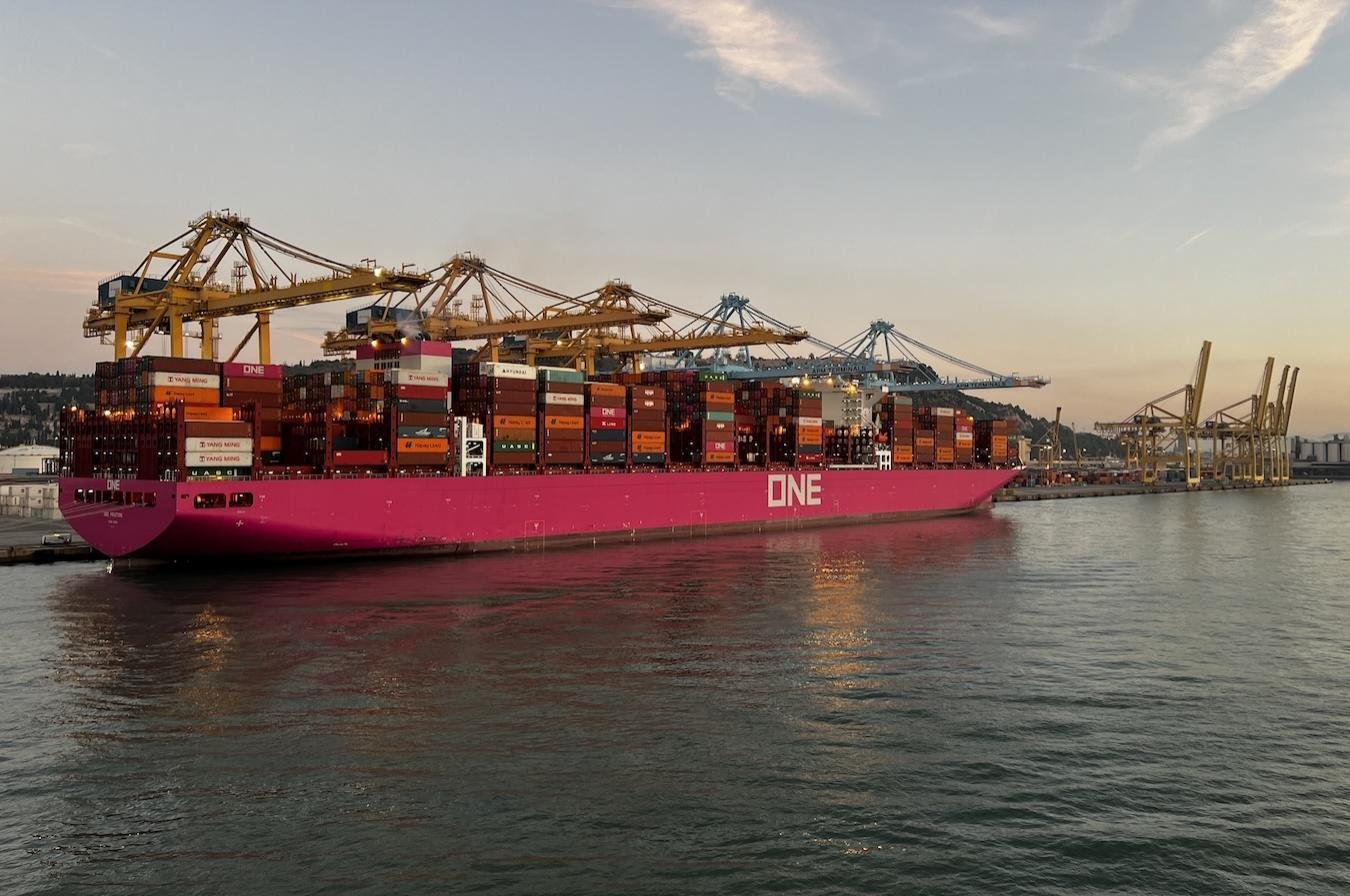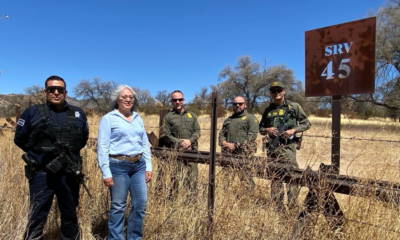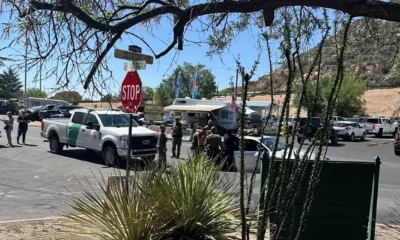border
How New Border Arrivals are Shaping Our Nation and Shifting Perspectives

On January 22, 2024, Elmer De León Pérez, a 20-year-old welder, tragically lost his life while working on a U.S. government-funded ship in Houma, Louisiana. Pérez was engaged in the construction of a sophisticated vessel meant for hurricane tracking and oceanographic research, and he was utilizing an argon-gas torch in a confined space when the accident occurred.
Confined to a nearly 12-foot ballast tank with only four feet of space between its walls, Pérez seemed to disappear during lunch. His coworkers soon found him slumped over, unable to reach him due to the overwhelming gas. Emergency personnel arrived to find signs of rigor mortis, and a subsequent coroner’s report indicated he died from severe pulmonary edema and metal intoxication caused by copper and nickel exposure, materials often used in ship coatings.
Pérez had worked for Thoma-Sea, a significant contractor with federal defense contracts, for about two years. His tragic accident highlighted the troubling loophole in compensation for contracted workers, as he was not directly employed by Thoma-Sea. Subsequently, his family received no benefits or support to cover funeral costs, compelling them to rely on borrowed funds and online fundraising efforts.
Despite being eligible for substantial benefits had he been directly employed, Thoma-Sea did not provide any assistance after Pérez’s death. The local contractor, G-4 Services, dismissed claims for death benefits, arguing that Pérez’s status as an independent contractor exempted him from compensation. Their response shocked family members who witnessed his collapse while he was actively working.
Investigations by the Occupational Safety and Health Administration (OSHA) identified significant safety violations at Thoma-Sea. The report indicated that Pérez was not monitored for atmospheric changes in a hazardous work environment, leading to a $31,340 fine. However, none of those funds benefitted Pérez’s family.
As the nation grapples with a labor shortage in skilled trades, immigrant workers like Pérez have played an essential role in filling these gaps. Although the importance of such workers is often recognized, political rhetoric frequently vilifies immigrants amid complex economic realities. Pérez’s experience illustrates this contradiction vividly. Skilled workers face immense challenges, including legal vulnerabilities and exploitation, yet they are essential to industries like shipbuilding.
In Houma, where economic decline intersects with environmental degradation, the labor dynamics have shifted dramatically. Immigrants have become integral to the local economy, stepping in where residents have exited after natural disasters. Pérez himself had been drawn to the region in search of better opportunities, achieving a wage many times more than he could in Guatemala.
His journey from San Miguel Ixtahuacán, Guatemala, to the United States played a part in this complex narrative. While Pérez sought a stable life for his family, the lack of legal work status left him exceedingly vulnerable. The tragic nature of his death reverberated not just through his family and community in the U.S., but it also resonated in his hometown, where fundraising efforts unfolded to honor his legacy.
Pérez’s family is now left to navigate a convoluted path toward potential compensation, facing legal hurdles with G-4 Services and struggling to come to terms with their loss. As they contemplate the future, they seek justice for a young man who embodied both the hopes and challenges faced by immigrant workers in America today.


















